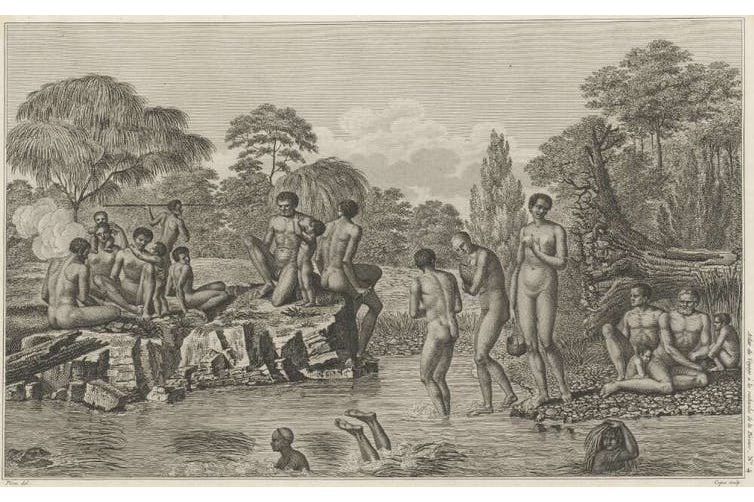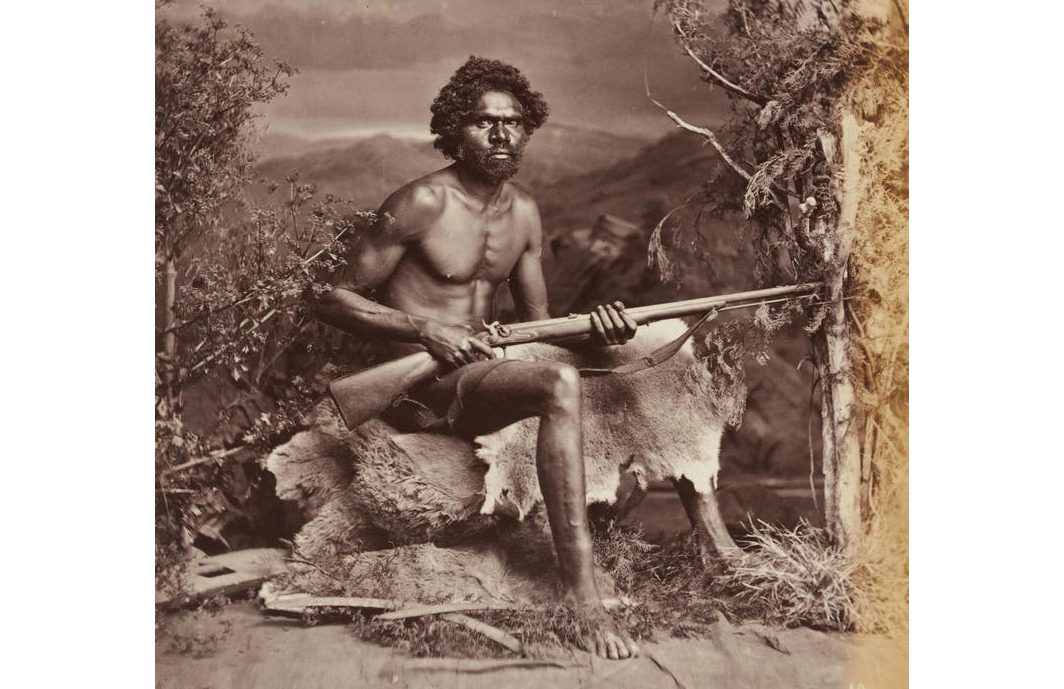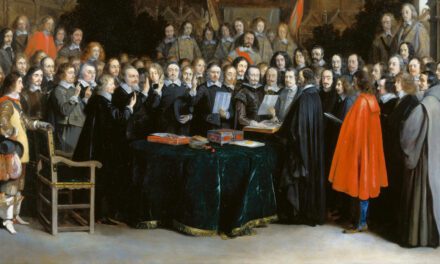Estimated reading time: 4 minutes
The Scramble for Africa is often recognized as the beginning of colonialism and European Imperialism. Beginning in 1884, the scramble brought most of the African continent under European control, barring two countries – Liberia and Ethiopia. However, debate continues over whether these regions truly escaped colonialism as they grapple with the same colonial legacies that continue to impact the rest of the continent today.
By Madison Moulton
Liberia

European involvement in the region that eventually became Liberia began with the establishment of trading posts by various nations, including Portugal and Britain, in the early years of European sea exploration. In 1821, the United States of America joined Europe by establishing a colony on the coast, an initiative led by the American Colonisation Society (ACS).
The ACS believed that former slaves in the United States should be expatriated to Africa and created the colony for this purpose. In 1824, it officially became the Colony of Liberia. In 1847, complete independence was established, and the independent Republic of Liberia was born.
Americo-Liberians
After the establishment of the Republic of Liberia, government and bureaucratic structures were put in place, modelled on American systems. Britain was the first to recognize Liberia as an independent state. The USA, however, did not, until 1862. Despite the establishment of this independent state, it largely remained recognized as an American Colony. Thus, during the Scramble for Africa, the territory was ignored.
The expatriated freed slaves became known as Americo-Liberians. They did not identify with the indigenous tribes of the region, creating tensions between the two groups. The settling of these immigrants led to the introduction of American traditions, culture, and religion as foreign as any European power. Much like other colonies, the settlers became an elite ruling minority, occupying land and gaining political power over the indigenous peoples.
Liberia may have escaped the 1885 wave of colonisation, but many argue that it should not be seen as a non-colonised country. Before it gained independence, the country was occupied by numerous colonial powers. And the occupation of American immigrants, even though they were former slaves, created a system of settlers marginalizing indigenous peoples, as was the case across the continent.
Ethiopia
Ethiopia’s avoidance of colonization followed a different trajectory. Britain and Italy attempted to colonize the country, but both failed due to the strength of the Ethiopian political structures and military.
The First Italo-Ethiopian War
For most of its history, Ethiopia remained a monarchy. Its various kings and emperors protected the region from invasion by outsiders, including neighboring Egyptians and Italians.
In 1895, disagreements over the contents of the Treaty of Wuchale between Italy and Ethiopia resulted in full-scale warfare. Italy declared Ethiopia an Italian protectorate, which was disputed by Ethiopian leader Menelik II. When Italy invaded the country, they were faced with an experienced and well-armed army much larger than expected. This first confrontation, titled the First Italo-Ethiopian war, ended in Italy’s defeat after the Battle of Adwa. Following their victory, the rest of Europe recognized Ethiopia as an independent state.
The Battle of Adwa became the decisive defeat of Italy during this war – they became the first colonial losers of the era. The failed Italian invasion won Ethiopia its sovereignty and prestige as a military power.
The Second Italo-Ethiopian War
39 years after their defeat, Italy invaded again – this time, succeeding. Under Italian dictator Benito Mussolini, the military was far more technologically advanced. Utilizing tanks, aircraft, and even chemical warfare, Ethiopia was defeated. During the five-year Italian occupation, Ethiopia was merged with Eritrea and Somalia, both Italian Colonies, to form Africa Orientale Italiana or Italian East Africa.
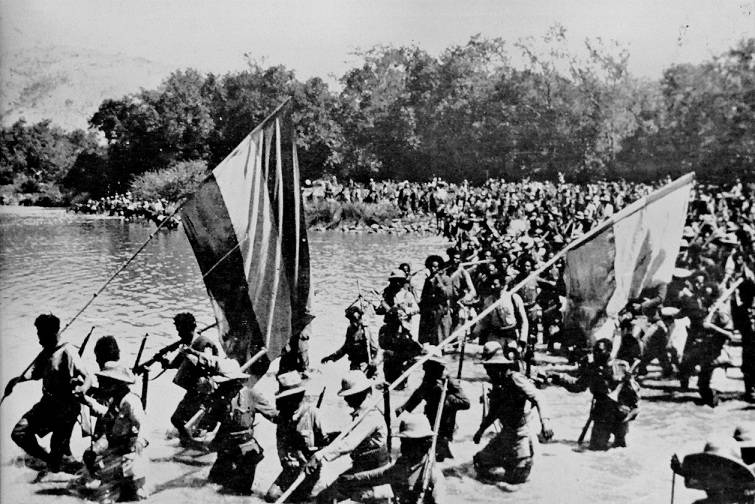
The Ethiopian Emperor Haile Selassie appealed to the League of Nations in 1936 for aid and the reestablishment of Ethiopian sovereignty. However, France and Britain, among many others, recognized Italian Colonization. During the East African Campaign in WW2, Britain aided the Ethiopian forces in driving Italy out. In 1947, following peace agreements after WW2, Italy officially recognized Ethiopian independence and sovereignty.
Ethiopia was not under Italian control for long, yet historians still question whether it should be considered free from colonization. Britain and France formally acknowledged Italy’s colonial control, even if it was for only half a decade, adding Ethiopia to the list of Western subjugated countries. Others argue that due to no establishment of a colonial administration, the Italian occupation should be regarded as a military occupation rather than a colonial one.
Whether Liberia and Ethiopia were truly free of the scourge of colonial occupation is a question still debated today. However, while their stories are vastly different, Liberia and Ethiopia remain the only countries to escape the partitioning of Africa in 1885.
Articles you may also like
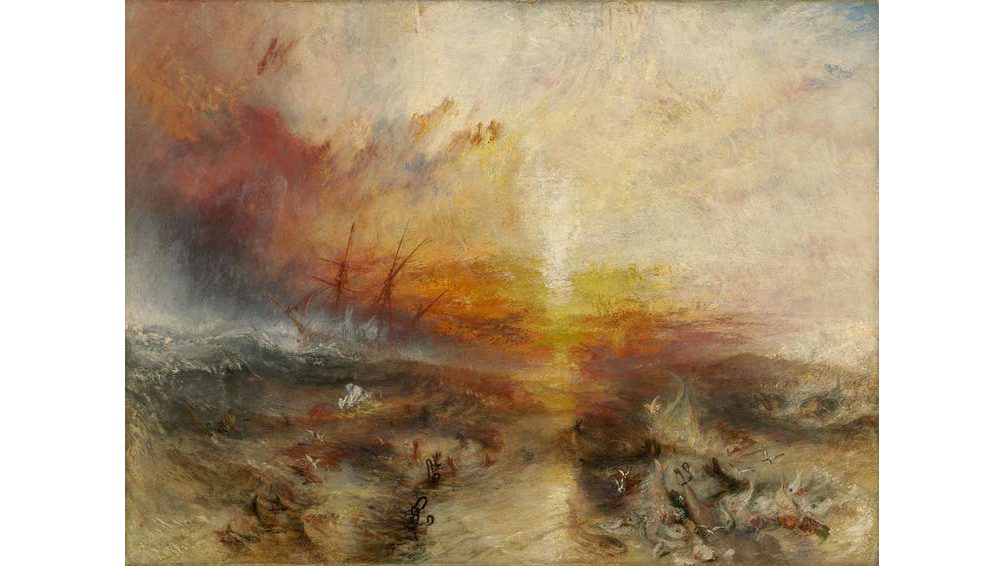
How the shadow of slavery still hangs over global finance
When the infamous Zong trial began in 1783, it laid bare the toxic relationship between finance and slavery. It was an unusual and distressing insurance claim – concerning a massacre of 133 captives, thrown overboard the Zong slave ship. By Philip Roscoe, University of St Andrews. The slave trade pioneered a new kind of finance, secured on […]

Taking back the Homeland – Ethiopian Guerrillas in World War II
Guerrilla warfare played a huge role in World War II. Partisans in France, Yugoslavia, the Eastern Front and the Philippines have much written about them. Vitally important but lesser known were the Abyssinians (Ethiopians) fighting to eject the Italians from their country. By Ellen Rubin. Control of East Africa was essential to the Allies as […]

